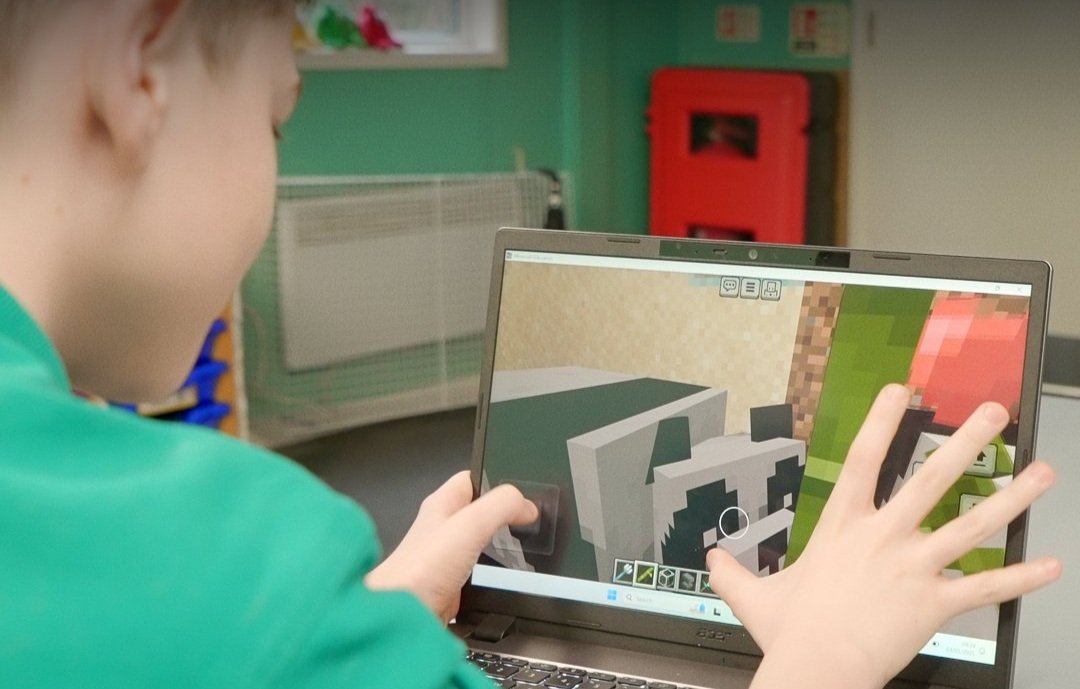Católica Lisbon School of Business and Economics opens Sensei technology powered Galp Smart Store
Portuguese multinational energy corporation, Galp, has brought its Smart Store concept to Católica Lisbon School of Business and Economics.
The autonomous location is powered by Portuguese startup Sensei’s technology.
In a LinkedIn post, Maria Estarreja, Executive Director Retail Innovation Lab (RIL) at Católica Lisbon School of Business and Economics, said:
“I have the pleasure to announce that we opened last week at Católica Lisbon an autonomous Galp Smart Store, that will allow us to provide improved services to our dear students and, at the same time, will be a research lab for the RIL.”
She added: “This project was only possible due to the hard work and collaboration of the RIL and Católica Lisbon, Galp and Sensei. I would like to thank all the teams enrolled in this project, as well as send a special thank you to Ana Casaca (Global Head of Innovation at Galp) and Joana Rafael (COO at Sensei) for dreaming with us.”
At EdTech Innovation Hub, we’re keen followers of the many startups operating alongside Sensei in the autonomous checkout space (Zippin, AiFi, Trigo, Grabango etc).
And so is Frank Beard, Head of Marketing at Rovertown, who in a recent post on X gave the thumbs up to those companies betting on stadiums and micro markets such as the Galp offering.
Although he added: “Convenience? Not buying the tech. Grocery? Small pilots, no scale, challenging format.”
Beard commented: “The use case is obvious for stadiums. Needs no explanation. Vendors like Zippin and AiFi are crushing it in that space, with Allegiant Stadium alone having 10 Zippin powered stores. Amazon is getting traction there too, but nothing like Zippin.”
Micro markets, meanwhile, are interesting. AiFi has dozens of stores with Zabka in Poland. JUXTA is making interesting moves. And universities represent a solid use case, with Amazon and AiFi worth watching.
Regarding JUXTA, Urban Value Corner Store is, in Beard’s view, perhaps the best example of a new, non-fuel convenience format in the United States. “That's why this partnership is worth watching. Can UVCS create the US version of Zabka Nano?”
As for the typical US convenience format, “we piloted with Circle K (Beard was previously at Standard AI) when I was in the autonomous checkout space, but the reality is a register plus two to three self-checkouts is good enough.”
If an autonomous checkout vendor bets on convenience and grocery, they're facing a difficult path. “Only small pilots and no scale so far,” Beard commented. “Grabango is a good example. Bit off several very impressive pilots, but none appear to have gone anywhere.”
Grocery has a need for this tech, Beard reckons. But with issues like HITL and cost, scale seems far off. Pilots have focused on small format stores, with AiFi, Trigo, and Grabango venturing in to these choppy waters.
Of those companies Trigo is interesting, having raised $200 million+, and featuring ex-Talpiot talent, with pilots with several major grocers, doing real-time receipts, etc. “If any current players crack grocery, it could be this company,” said Beard.
Beard concluded: “Not much being said about autonomous checkout companies who've already dropped off. Remember Accel Robotics? Raised $30 million Series A led by Softbank. Silence for the past few years. Not sure why the website's even still active.”
“Anyway, fascinating space in retail tech. Very curious to see what happens over the next few years.”













